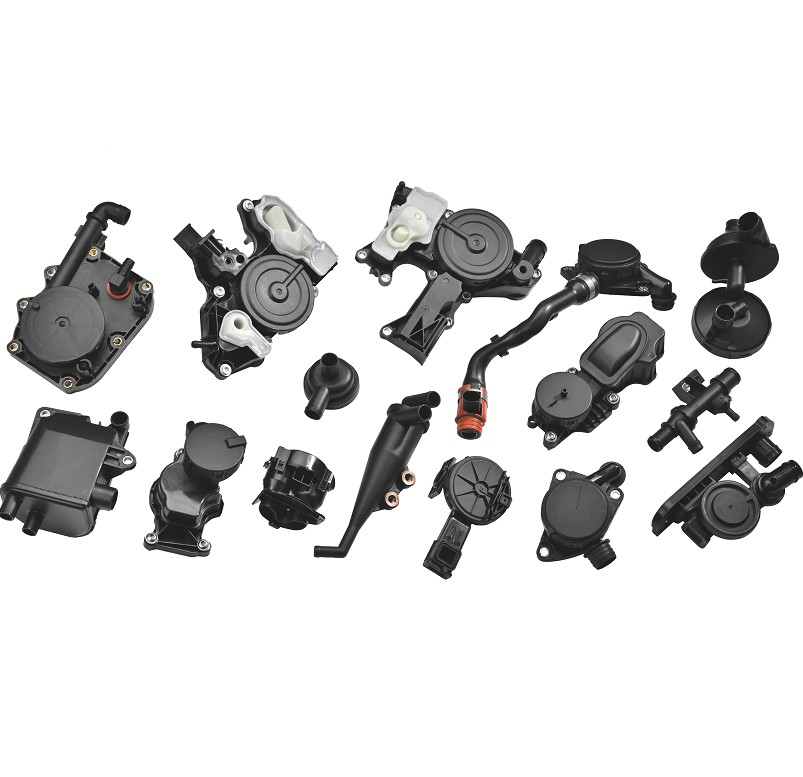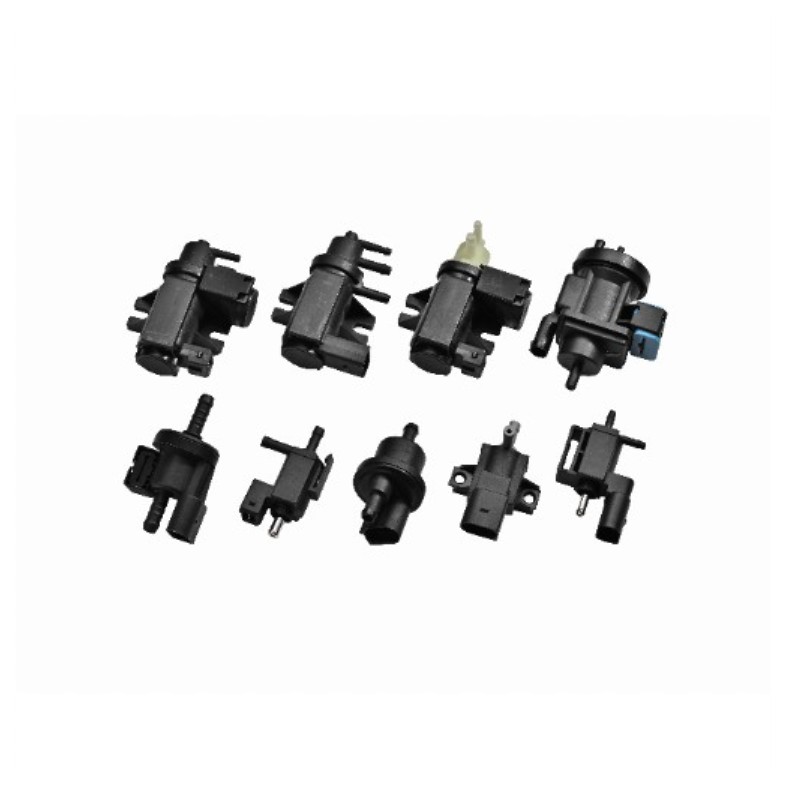Coolant Pipe leakage will cause coolant to leak from the system, reducing the amount of coolant in the cooling system. The reduction in the amount of coolant directly affects the cooling efficiency of the cooling system, because the coolant cannot circulate to various parts of the engine in sufficient quantity to absorb heat. The decrease in cooling efficiency makes it impossible for the heat generated by the engine during operation to be dissipated in a timely and effective manner.
Due to the decrease in cooling efficiency, the heat inside the engine continues to accumulate, causing the engine temperature to rise rapidly. Excessive temperature will cause thermal stress to various parts of the engine, and long-term overheating may even cause deformation or damage to the parts. The increase in engine temperature will also affect the performance of the lubricating oil, reduce its lubrication effect, and further aggravate the wear of the engine.
Overheating of the engine will cause the working condition of its internal parts to deteriorate, such as the expansion and deformation of valves, pistons and other parts, affecting their normal fit and sealing. These changes will directly lead to a decrease in the power output of the engine, which is manifested as weak acceleration and slow driving. The decrease in power not only affects the driving performance of the vehicle, but also increases the difficulty of operation and safety hazards for the driver.
When the engine is running in an overheated state, more fuel is needed to provide additional energy in order to maintain normal operation. The increase in fuel consumption not only increases the cost of using the vehicle, but may also cause greater pollution to the environment. Long-term high fuel consumption may also cause fuel system failures, such as nozzle blockage, fuel pump damage, etc.
Engine overheating may cause uneven heating or local overheating of the cylinder gasket, causing it to lose its original elasticity and sealing. After the cylinder gasket is damaged, the coolant may enter the cylinder or oil channel and mix with the fuel or oil, causing the engine to work abnormally. Coolant entering the cylinder may also cause serious faults such as knocking, further aggravating the damage to the engine.
High temperature will reduce the gap between the piston and the cylinder, resulting in increased friction between them. Long-term friction and wear will make the surface of the piston and cylinder rough and uneven, affecting their matching accuracy and sealing. In severe cases, there may even be faults such as piston jamming or cylinder pull, causing the engine to fail to work properly.
Engine overheating will also affect the lubrication and cooling effect of bearings and journals. High temperatures can make lubricating oil thinner and reduce its lubrication performance; at the same time, overheating may also cause deformation or damage to the surface of bearings and journals. These changes will increase the wear of bearings and journals and shorten the service life of the engine.
Engine overheating may cause knocking, that is, the fuel burns prematurely in the cylinder, generating a huge pressure wave that impacts the cylinder wall and piston. Knock can cause engine power to drop, fuel consumption to increase, and may damage engine parts. At the same time, overheating may also cause knocking, that is, the piston hits the cylinder wall when it moves up and down in the cylinder, causing abnormal noise and vibration.
In severe cases, engine overheating may cause cylinder scuffing. Cylinder scuffing refers to severe friction and adhesion between the piston and the cylinder wall, which makes the piston unable to move normally in the cylinder. Cylinder scuffing failure can make the engine lose its working ability and require overhaul or replacement of the engine, which will cause huge economic losses to the car owner.


 English
English русский
русский Español
Español Deutsche
Deutsche











